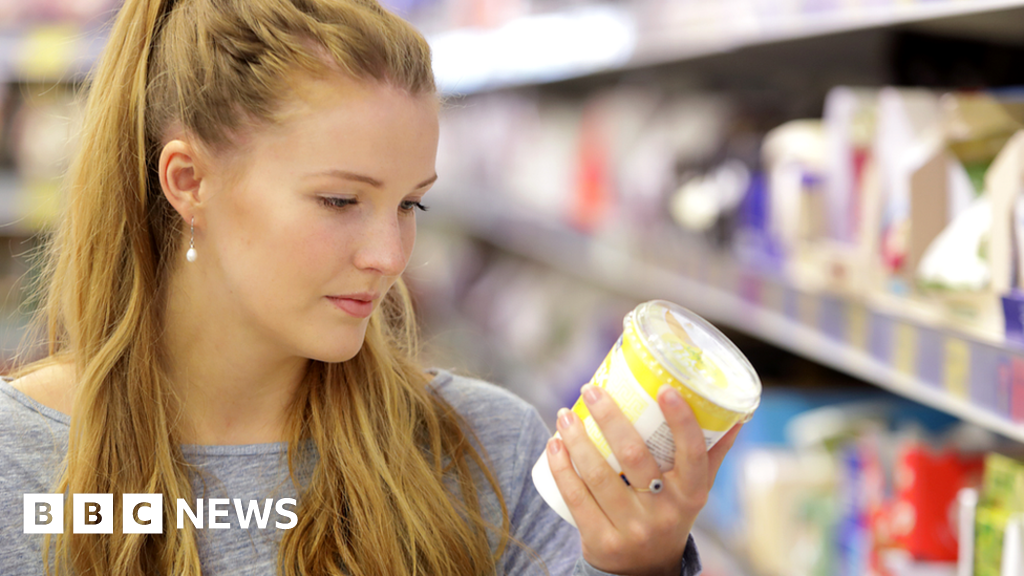Erratic climate conditions in India, including a dry August, have led to a significant increase in food prices, with onions alone becoming 25% more expensive since June, causing concern about global food inflation as India is a major exporter of rice, sugar, and onions and is a key supplier to many Asian and African countries.
British house prices in August 2023 experienced their biggest annual decline since July 2009, falling by 5.3% due to higher interest rates reducing buyer demand, according to mortgage lender Nationwide.
British factories in August experienced their weakest month since the start of the COVID-19 crisis due to shrinking orders caused by rising interest rates, according to a survey, resulting in a decline in purchasing activity, inventory holdings, and staffing levels. However, the slowdown in domestic and export demand has alleviated inflation pressures, potentially leading to a decrease in goods price inflation. With the economy showing signs of a slowdown, the Bank of England is expected to raise rates for the 15th consecutive time, despite concerns that it may lead to a recession.
British consumer spending growth slowed in August, despite a surge in cinema takings after the release of films like "Barbie", with spending on essentials such as food and fuel growing at its slowest rate since April 2020, pointing to a weakening economy.
Retail sales in the UK increased by 4.1% in August, with non-food items experiencing the strongest growth due to higher spending on health and beauty, although clothing and footwear sales were weaker; however, the increase in sales was partly driven by rising prices, indicating that consumers are buying fewer items but spending more.
Global prices for staple foodstuffs have reached a two-year low in August, driven by declines in dairy products, vegetable oils, meat, and cereals, while sugar and rice prices have increased due to export restrictions and extreme weather conditions.
British grocery inflation fell to its lowest level in a year in September, with prices rising fastest in products such as eggs, sugar confectionery, and frozen potato products, providing some relief for consumers and the government.
Despite claims by the Biden administration and corporate media that inflation is decreasing, the latest consumer price index from the Bureau of Labor Statistics shows that Americans paid 3.7 percent more for basic consumer items in August compared to the previous year.
Grocery bill prices remained stable in August, with a 0.2% increase in consumer prices at supermarkets, according to the Bureau of Labor Statistics, but food prices at home rose by 3.0% compared to last year.
US wholesale prices increased at a faster pace in August, indicating that inflation remains persistent despite interest rate hikes by the Federal Reserve.
Retail sales in the US rose 0.6% in August compared to July, but the increase in gas prices could impact consumer spending during the holiday shopping season, according to a report from the Commerce Department. Excluding gas sales, retail sales only increased by 0.2% in August.
Inflation in Britain slowed for a third consecutive month in August, defying expectations of a rise due to higher fuel prices, with consumer prices rising 6.7 percent compared to the previous year, driven by slower increases in food prices and a decline in hotel room costs. Core inflation also fell more than anticipated, indicating a potential easing of inflationary pressures, though price growth remains uncomfortably high. The Bank of England is set to announce its decision on interest rates, with growing speculation that rates may be held steady due to signs of slowing inflation and a weak economy.
Inflation in the UK fell to 6.7% in August, the lowest level in a year-and-a-half, driven by slower food price increases and a drop in hotel and air fare costs, although fuel prices rose; economists had expected the figure to increase due to rising fuel prices.
